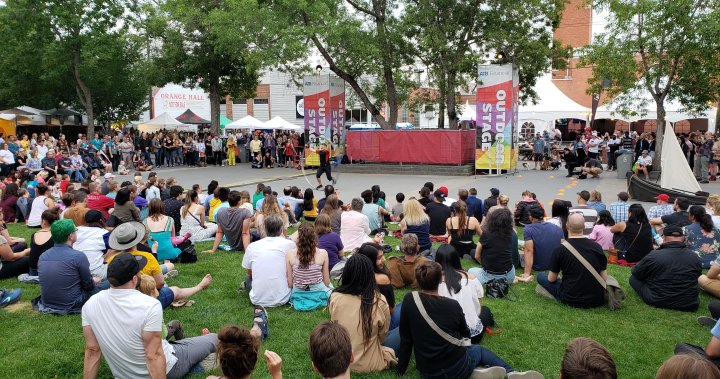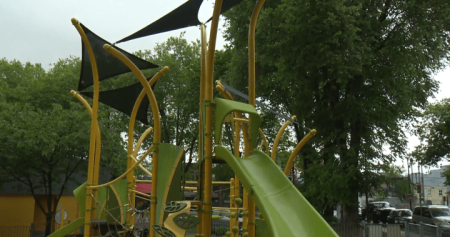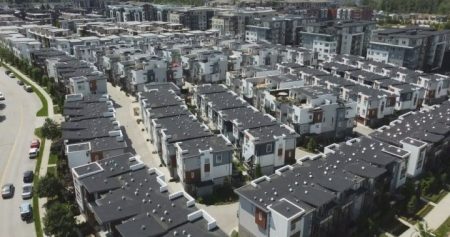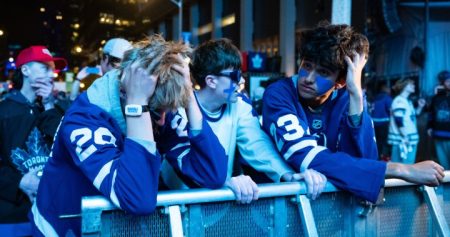Edmonton, known as Canada’s Festival City, has been struggling to hold onto that identity due to rising costs of operating events. One festival, the Edmonton Blues Festival, has announced that they will not be returning next summer due to high operating costs, including a 40 to 60 percent increase in production costs after relocating to another venue. Economic pressures, decreasing sponsorship, and lagging ticket sales have impacted many festivals in Edmonton, leading to closures or significant scaling back of events. Christy Morin, executive director of Arts on the Ave., acknowledges the struggles of running festivals in the current economic climate, as her own events, the Kaleido Family Arts Festival, and the Deep Freeze Byzantine Winter Festival have been experiencing financial difficulties.
Inflation has hit the arts community hard, with the Kaleido Family Arts Festival facing a $30,000 deficit for the past two years. Morin emphasizes the importance of making festivals accessible to the community to revitalize neglected areas of the city. The financial struggles faced by arts organizations have prompted calls for increased financial support from the city, with concerns about the future viability of events like the Edmonton International Fringe Theatre Festival, which has launched a fundraiser to secure immediate help to prevent a significant reduction in the scale of the festival. Edmonton City Councillor Andrew Knack expresses disappointment at the risks faced by annual festivals and encourages residents to donate and support local events.
Knack calls for changes to the Alberta Traffic Safety Act to reduce the costs of festivals, such as policing for traffic management, which is a significant expense for organizers. The ominous financial situation facing many festivals underscores the difficulties faced by event organizers, who rely on government funding that may not keep pace with inflation. The producer of the Edmonton Folk Music Festival, Terry Wickham, highlights the importance of a good venue for event success and acknowledges the increasing expenses faced by festivals. Despite these challenges, the Edmonton Folk Music Festival has seen an increase in revenues due to continued fan support and increased ticket prices following COVID-19 cancellations.
Wickham notes that festivals without a box office are struggling the most, as they rely heavily on government funding that may not be sufficient to cover rising costs. The Edmonton Blues Festival, while not returning in 2025, hopes to make a comeback in 2026 when Hawrelak Park reopens. The struggle to maintain the vibrant festival culture in Edmonton highlights the broader challenges faced by arts organizations in sustaining events amidst economic pressures and rising costs. While initiatives like fundraisers and community support can help bridge funding gaps, long-term solutions are necessary to ensure the survival and success of Edmonton’s diverse festival scene. Collaborative efforts between organizers, the city, and the provincial government may be needed to address issues such as venue availability, funding gaps, and regulatory barriers that impact the sustainability of festivals in the city.















